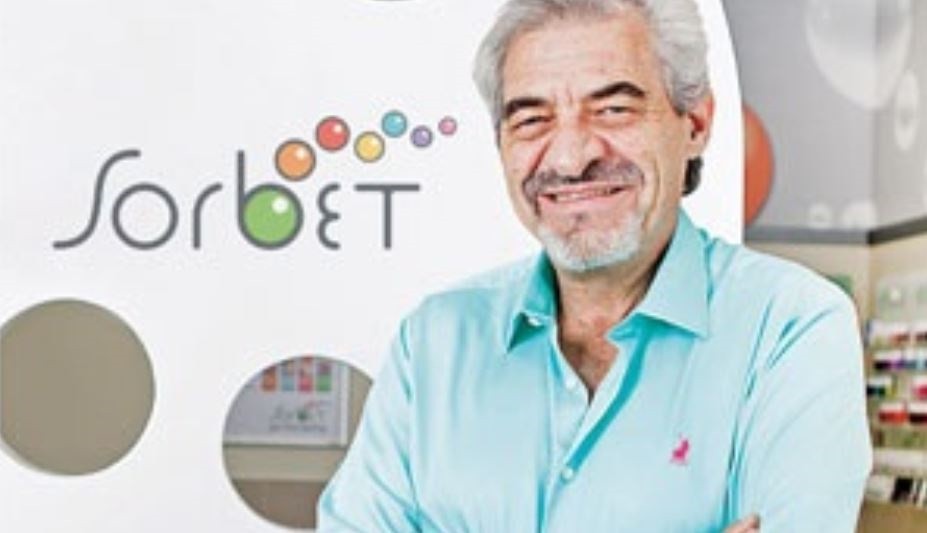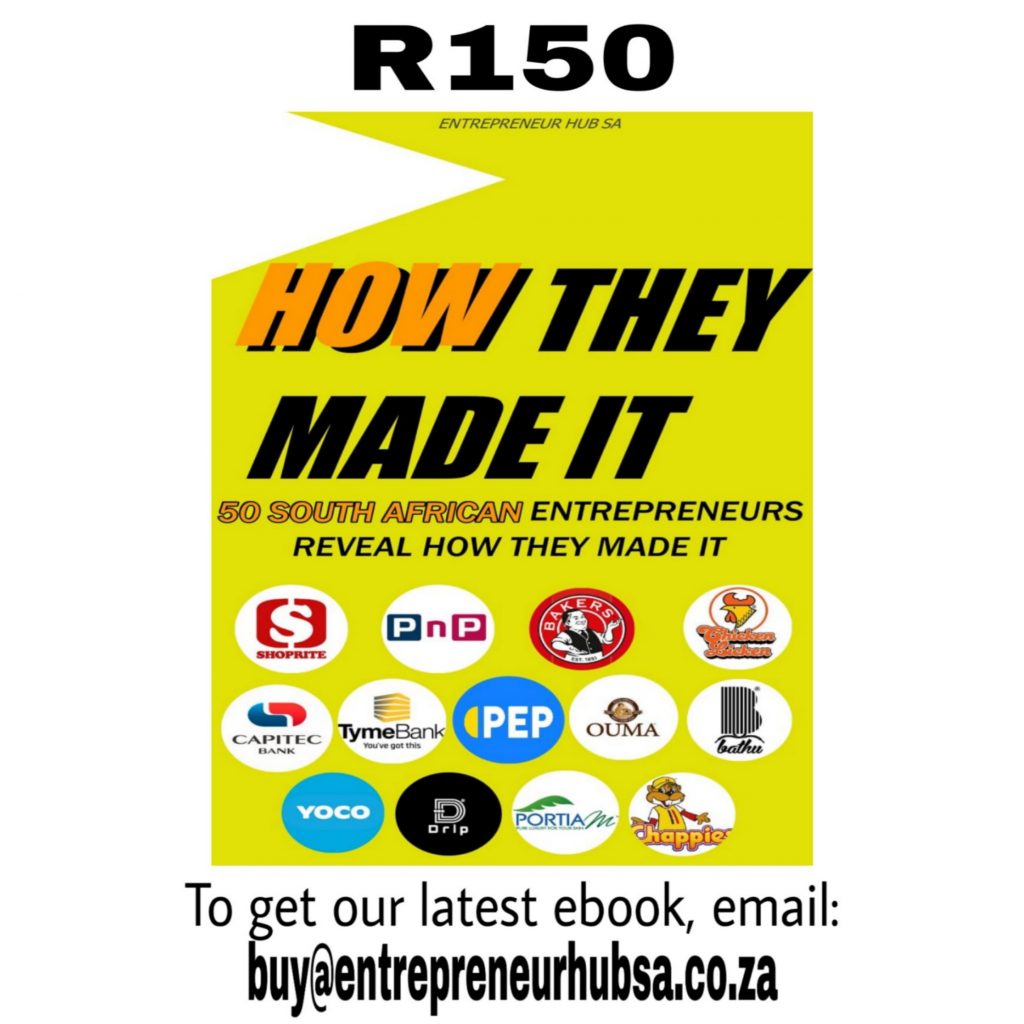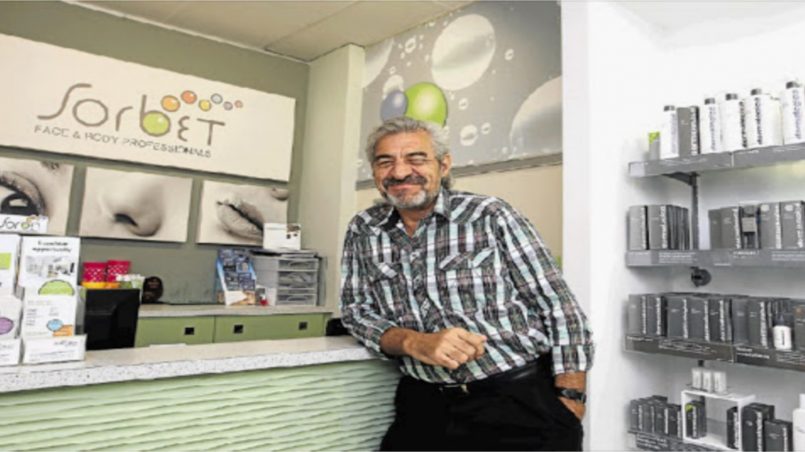Ian Fuhr is founder of the Sorbet, the largest chain of beauty salons in South Africa.

Fuhr left college in the mid-1970s to work in the music business for a year and a half instead. After a trip to the US in 1976 and encountering Kmart for the first time, Fuhr’s brother(Rodney) wanted him to leave the music industry and help him open the first Kmart store in the country, without knowing that they needed a stamp of approval from the Kmart Corporation.
Kmart was opened in 1976, right after the Soweto uprising that saw blacks protest against the apartheid regime in the country.
An important dimension in Fuhr’s retail career was hiring a black mentor who deepened his understanding of how to reach the black African market. This was the beginning of the process of him learning more deeply about the racial injustices of the country.
In the early 1980s, Fuhr left Rodney to run Kmart alone, and joined Caiphus Semenya and Letta Mbulu to start a new record label company, signing acts such as Hugh Masekela. In 1986, as a result of consumer boycotts, Kmart went into liquidation, prompting Fuhr to leave the music business to help out his brother.
In 1988, Fuhr was forced to rebrand Kmart to Super Mart, after being sued by the Kmart Corporation for using the Kmart trademark and logo for ten years without permission.
In 1991, Fuhr left Super Mart to start Labour Link, a race relations consultant agency, and further developed a play about racism in the workplace, which became a success.
In 2004, Super Mart was sold to the Edcon, and renamed JetMart. Shortly after, Fuhr began looking into the beauty industry, and realized there wasn’t a large chain of beauty salons in South Africa, so he started developing Sorbet, first opening 6 stores in August 2005.

By 2009, Sorbet had 22 stores before it began franchising further stores. The service philosophy that Fuhr created for the Sorbet Group was that if customers weren’t satisfied with their service, they didn’t have to pay, and if they did not like a product they purchased, they could bring it back for a full refund no matter the quantity that was used.
In 2017, with 220 stores, Fuhr sold the Sorbet Group to Brian Joffe’s investment holding company, Long4Life, for a reported R116 million.
Here are Fuhr’s 5 tips to aspiring entrepreneurs:
01. Understand the social, economic and political environment in which people are living
It’s important to take cognisance of the external environment your staff live in because it has impact inside the business. Issues of race, religion and culture are as relevant in today’s workplace if not more than they were previously, and they have an enormous impact on productivity. “If you wonder why South Africa isn’t up there in the productivity stakes when we come up against other countries, it’s quite clear it’s because we haven’t been able to address our melting pot of diversity.”
02. Don’t go into business to make money
If your business is just about making money, it’s not customer-centric, which means you will cut costs on things that are important to people. Rather go into business to serve the needs and wants of people – if you do that well, the money will come.
03. Do something different
“Sameness is a disease,” says Fuhr. “When people tell me it can’t be done, that really spurs me on, that’s an exciting challenge. All I was trying to do with Sorbet was to find every differentiator in the market. From the name, to the look and feel, to the branding and staffing. I realised that culture at the end would be the real differentiator, never copy a culture.”
04. Ignorance can be wisdom
Come into a business or an industry with fresh eyes so that you are not contaminated by the conventional wisdom of what works and what doesn’t. Come in with what your gut tells you.
“When I started Sorbet, I tried not to ask too many questions. I decided if I’m going to do this, I’m going to blunder in and make it happen. Whatever was out there, I was going to do it differently.”
05. Be intuitive, be courageous, be determined and don’t be afraid to fail
Intuition is essentially knowing that something is right, even though you don’t have the proof that it will work.
Get South Africa’s latest entrepreneurial or business success stories delivered right to your inbox — Sign up to Entrepreneur Hub SA’s newsletter today ⬇️⬇️⬇️

eBook: 50 South African Entrepreneurs Reveal HOW THEY MADE IT




